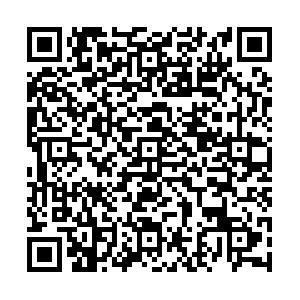摘要:
目的 评价临床药师开展糖尿病患者药学监护和管理的效果。 方法 选取门诊406例成年糖尿病患者作为研究对象,由临床药师分发调查问卷,并定期做用药指导和健康教育等药学干预,通过对干预前后患者糖尿病用药相关知识的掌握情况、血糖及糖化血红蛋白的达标情况、治疗依从性、非预约门诊、急诊、住院情况等比较,并进行统计分析。 结果 药学干预后患者对糖尿病及用药相关知识的掌握情况、治疗依从性、血糖及糖化血红蛋白达标情况均优于干预前,P<0.01;非预约门诊、急诊情况也优于干预前,P<0.05,有显著性差异。 结论 临床药师开展糖尿病慢病管理,构建临床药师主导的慢病管理模式,有助于促进规范化治疗,提高患者依从性,促进合理化用药,达到控制血糖、减少并发症的目的。
Abstract:
Objective To evaluate the role of clinical pharmacists on the pharmacological monitoring and management of diabetic patients. Methods 406 adult outpatients with diabetes in outpatient were selected as research object. The patients were given the questionnaire and intervened with diabetes education and management by the clinical pharmacist regularly. The patient's knowledge of the diabetes medication before and after intervention, blood glucose and glycosylated hemoglobin values, treatment compliance, non-reserved outpatient visit, emergency, hospitalization, etc. were compared and statistically analyzed. Results After pharmacy intervention, the patients' knowledge of diabetes and drug-related information, treatment compliance, blood glucose and glycosylated hemoglobin were better than before intervention, P<0.01. Non-reserved outpatient visits and emergency cases were better than before intervention, P<0.05. There are significant differences. Conclusion Clinical pharmacists carry out diabetes chronic disease management and build a clinical pharmacist-led chronic disease management model, which helps to promote standardized treatment, improve patient compliance, promote rationalized medication, achieve the goal of controlling blood sugar and reduce complications.

 点击查看大图
点击查看大图



 下载:
下载:
